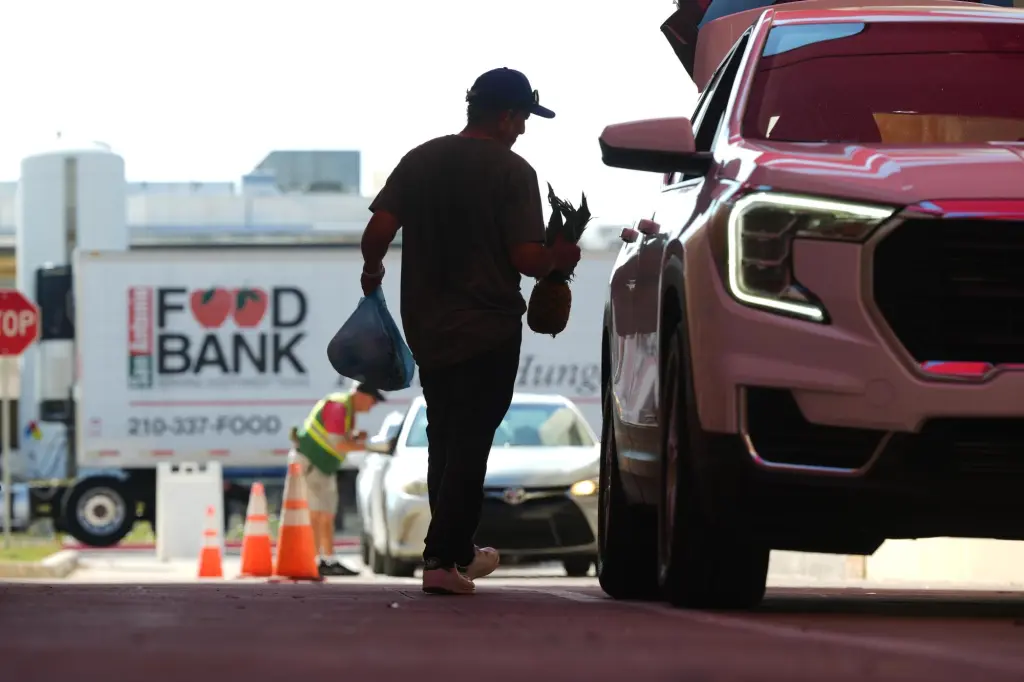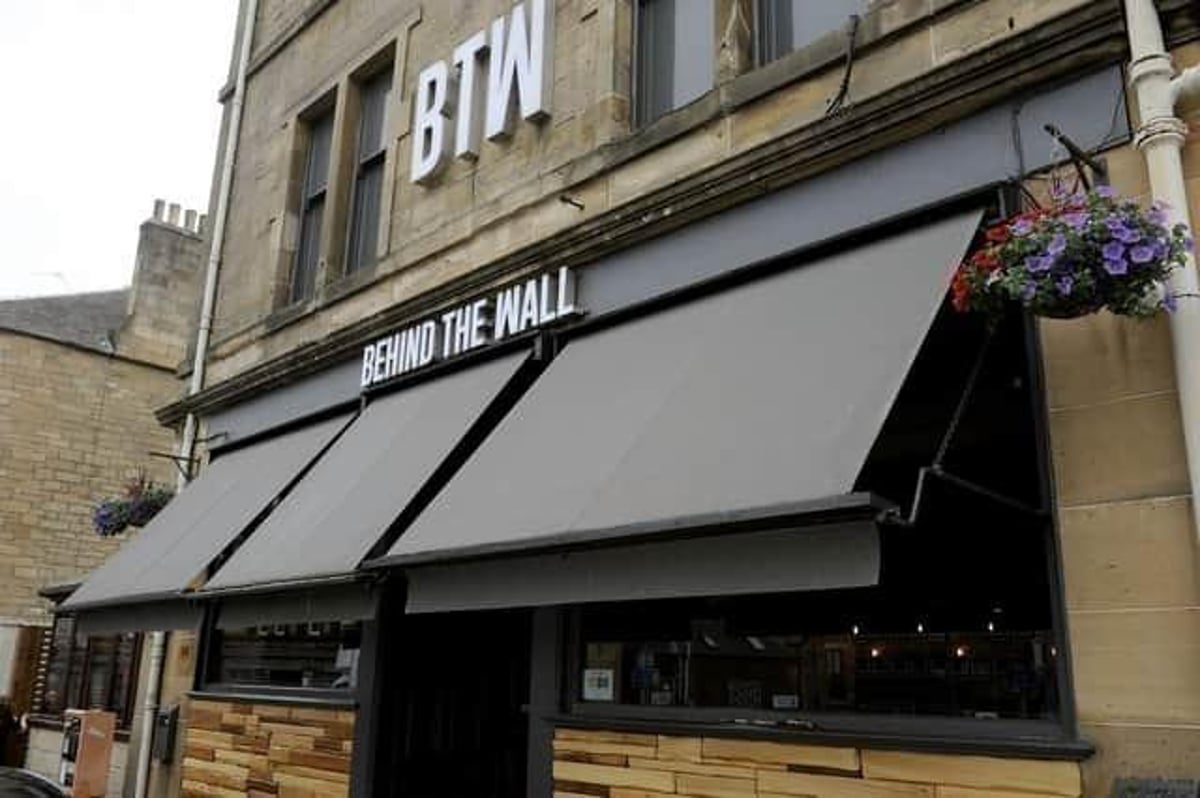Copyright St. Paul Pioneer Press

To place an obituary, please include the information from the obituary checklist below in an email to obits@pioneerpress.com. There is no option to place them through our website. Feel free to contact our obituary desk at 651-228-5263 with any questions. General Information: Your full name, Address (City, State, Zip Code), Phone number, And an alternate phone number (if any) Obituary Specification: Name of Deceased, Obituary Text, A photo in a JPEG or PDF file is preferable, TIF and other files are accepted, we will contact you if there are any issues with the photo. Ad Run dates There is a discount for running more than one day, but this must be scheduled on the first run date to apply. If a photo is used, it must be used for both days for the discount to apply, contact us for more information. Policies: Verification of Death: In order to publish obituaries a name and phone number of funeral home/cremation society is required. We must contact the funeral home/cremation society handling the arrangements during their business hours to verify the death. If the body of the deceased has been donated to the University of Minnesota Anatomy Bequest Program, or a similar program, their phone number is required for verification. Please allow enough time to contact them especially during their limited weekend hours. A death certificate is also acceptable for this purpose but only one of these two options are necessary. Guestbook and Outside Websites: We are not allowed to reference other media sources with a guestbook or an obituary placed elsewhere when placing an obituary in print and online. We may place a website for a funeral home or a family email for contact instead; contact us with any questions regarding this matter. Obituary Process: Once your submission is completed, we will fax or email a proof for review prior to publication in the newspaper. This proof includes price and days the notice is scheduled to appear. Please review the proof carefully. We must be notified of errors or changes before the notice appears in the Pioneer Press based on each day’s deadlines. After publication, we will not be responsible for errors that may occur after final proofing. Online: Changes to an online obituary can be handled through the obituary desk. Call us with further questions. Payment Procedure: Pre-payment is required for all obituary notices prior to publication by the deadline specified below in our deadline schedule. Please call 651-228-5263 with your payment information after you have received the proof and approved its contents. Credit Card: Payment accepted by phone only due to PCI (Payment Card Industry) regulations EFT: Check by phone. Please provide your routing number and account number. Cash: Accepted at our FRONT COUNTER Monday – Friday from 8:00AM – 3:30PM Rates: The minimum charge is $162 for the first 10 lines. Every line after the first 10 is $12.20. If the ad is under 10 lines it will be charged the minimum rate of $162. On a second run date, the lines are $8.20 per line, starting w/ the first line. For example: if first run date was 20 lines the cost would be $164. Each photo published is $125 per day. For example: 2 photos in the paper on 2 days would be 4 photo charges at $500. Deadlines: Please follow deadline times to ensure your obituary is published on the day requested. Hours Deadline (no exceptions) Ad Photos MEMORIAM (NON-OBITUARY) REQUEST Unlike an obituary, Memoriam submissions are remembrances of a loved one who has passed. The rates for a memoriam differ from obituaries. Please call or email us for more memoriam information Please call 651-228-5280 for more information. HOURS: Monday – Friday 8:00AM – 5:00PM (CLOSED WEEKENDS and HOLIDAYS) Please submit your memoriam ad to memoriams@pioneerpress.com or call 651-228-5280. By JONATHAN MATTISE and GEOFF MULVIHILL, Associated Press A new lawsuit by Democratic state officials Tuesday seeks to uncork emergency money to help tens of millions of Americans keep buying food for their families after federal SNAP funding is expected to run dry Saturday due to the U.S. government shutdown. The Supplemental Nutrition Assistance Program, or SNAP, helps about one in eight Americans buy groceries. A halt to SNAP benefits would leave a gaping hole in the country’s safety net. Vulnerable families could see federal money dry up soon for some other programs, as well. Funding for a group of Head Start preschool programs is set to run out Saturday. Aid for mothers to care for their newborns through the Special Supplemental Nutrition Program for Women, Infants, and Children, known as WIC, could run out the following week. Here’s a look at what would happen. Democratic officials sue Tuesday’s legal filing from attorneys general from 22 states and the District of Columbia, plus three governors, focuses on a federal contingency fund with roughly $5 billion in it – enough to pay for the benefits for more than half a month. President Donald Trump’s Department of Agriculture said in September that its plan for a shutdown included using the money to keep SNAP running. But in a memo last week, it said that it couldn’t legally use that money for such a purpose. The Democratic officials contend the administration is legally required to keep benefits going as long as it has funding. The agency said debit cards beneficiaries use as part of SNAP to buy groceries will not be reloaded as of Nov. 1. With their own coalition, 19 Republican state attorneys general sent Democratic U.S. Senate Minority Leader Chuck Schumer a letter Tuesday urging passage of a “clean continuing resolution” to keep funding SNAP benefits. SNAP benefits could leave millions without money for food Most SNAP participants are families with children, more than 1 in 3 include older adults or someone with a disability, and close to 2 in 5 are households where someone is employed. Most have incomes that put them below the poverty line, about $32,000 in income for a family of four, according to an analysis by the Center on Budget and Policy Priorities. The average monthly benefit is $187 per person. People who receive the benefits say that without the aid, they’ll be forced to choose between buying food and paying other bills. Food banks are preparing for a spike in demand that they’ll have to navigate with decreased federal aid themselves. The debit cards are recharged in slightly different ways in each state. Not everyone receives their benefits on the first day of the month, though many beneficiaries get them early in the month. States expect retailers will be able to accept cards with balances on them, even if they’re not replenished. Some states seeking to fill void of SNAP benefit cuts State governments controlled by both Democrats and Republicans are scrambling to help recipients, though several say they don’t have the technical ability to fund the regular benefits. Officials in Louisiana, Vermont and Virginia have pledged to provide some type of backup food aid for recipients even while the shutdown stalls the federal program, though state-level details haven’t been announced. More funding for food banks and pantries is planned in states including New Hampshire, Minnesota, California, New Mexico, Connecticut and New York. The USDA advised Friday that states won’t be reimbursed for funding the benefits. The Trump administration is blaming Democrats, who say they will not agree to reopen the government until Republicans negotiate with them on extending expiring subsidies under the Affordable Care Act. Republicans say Democrats must first agree to reopen the government before negotiation. Early childhood education More than 130 Head Start preschool programs won’t receive their annual federal grants on Nov. 1 if the government remains shut down, according to the National Head Start Association. Centers are scrambling to assess how long they can stay open, since nearly all their funding comes from federal taxpayers. Head Start provides education and child care for the nation’s neediest preschoolers. When a center is closed, families may have to miss work or school. With new grants on hold, a half dozen Head Start programs have already missed federal disbursements they were expecting Oct. 1 but have stayed open with fast-dwindling reserves or with help from local governments. All told, more than 65,000 seats at Head Start programs across the country could be affected. Food aid for mothers and young children Another food aid program supporting millions of low-income mothers and young children already received an infusion to keep the program open through the end of October, but even that money is set to run out early next month. The Special Supplemental Nutrition Program for Women, Infants and Children helps more than 6 million low-income mothers, young children and expectant parents purchase nutritious staples such as fruits and vegetables, low-fat milk and infant formula. The program, known as WIC, was at risk of running out of money in October because of the government shutdown, which occurred right before it was scheduled to receive its annual appropriation. The Trump administration reassigned $300 million in unspent tariff proceeds from the Department of Agriculture to keep the program afloat. But it was only enough for a few weeks. Now, states say they could run out of WIC money as early as Nov. 8. Mattise reported from Nashville, Tennessee. Mulvihill reported from Haddonfield, New Jersey.



